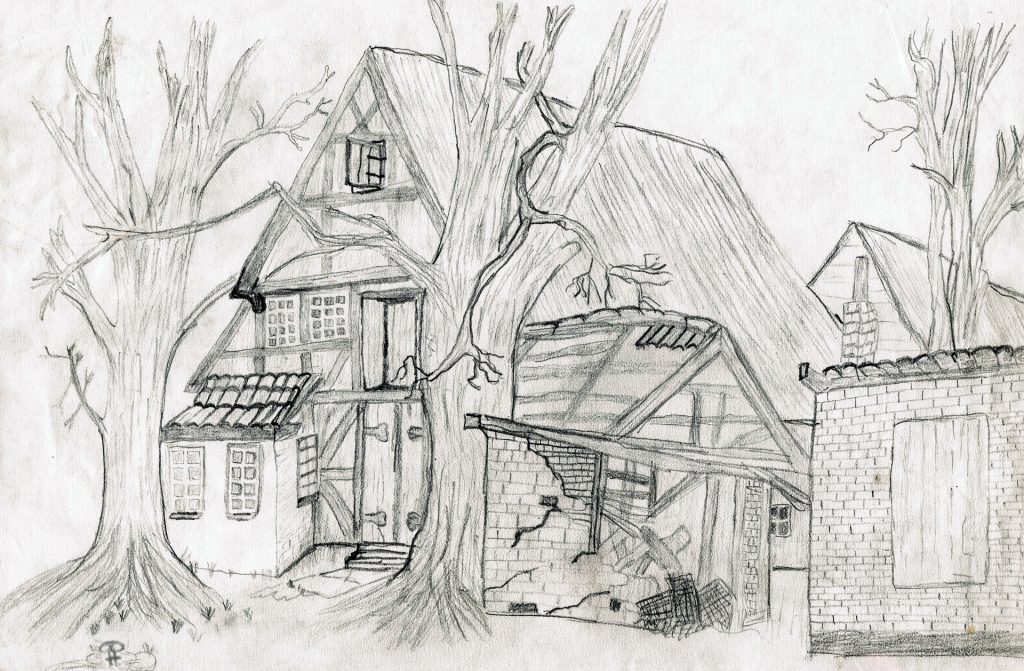
Image by Silviu on the street from Pixabay
Never Eat Alone: Keith Tahl Ferrazzi Raz: 9780241004951: Amazon.com: Books
In academia, the motto is “publish or perish”, with the emphasis on publishing. It’s for a good reason – we, academics, scholars, researchers, exist in a complex network of dependencies. We need others to get inspiration, understanding and when we get stuck.
If you look at the nobel prize winners, most of them work together. Listening to them I get an impression that you cannot become great by sitting in your own room and hatching ideas. But, at the same time, we are often introverts, at least I am.
This book is a great example of how we can build our networks and make meaningful connections. It helped me to realize how to be good at meaningful networking, not the one where you focus on meeting as many people as possible or as important people as possible. No, it’s about how to meet all kinds of people and how to learn from them. It’s about how to identify even a single item of information that you can use in your own work and for your own benefit.
I recommend this as a reading for one of those dark, autumn evenings that are inevitable coming now….


